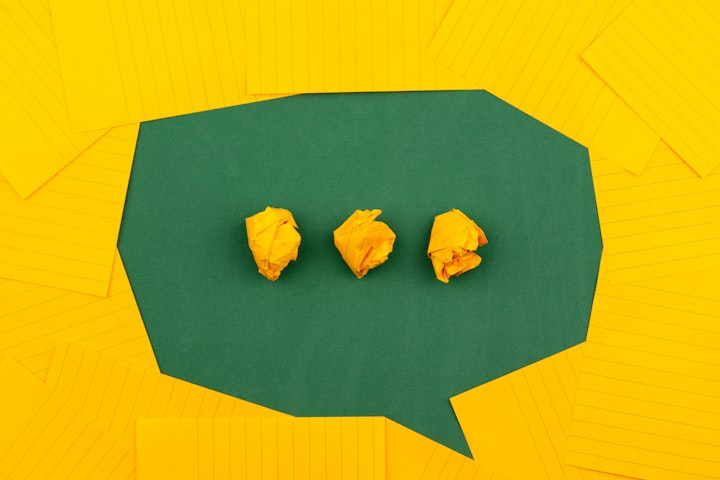Turn Off Notifications. Right now!
Dzin! A new letter came, someone liked it on Instagram, or a friend sent a link to the messenger. You get distracted, go check the application, and then try to get back to work. How many times does this happen during the day? Do you know how harmful this affects your performance?

Struggle for attention.
Among startups, one of the most popular monetization models is … advertising! And in order to start selling advertising, the guys need to optimize one little magic parameter — the total time spent by users in the application every day.
Our attention is really worth a lot. And sometimes we ourselves value him much less than other people.
There is a fairly simple model that the amount of time all users spend in your application is directly proportional to the average session length and session frequency. It is described by the formula:
T = I × R × N × t,
where I is the number of installations,
R is the user retention rate,
N — number of sessions per day,
t is the average session duration.
Therefore, the developers by hook or by crook are trying to increase the duration and frequency of sessions. And since we behave illogically, irrationally, and automatically most of the time, they have many opportunities to do so.
Today our focus is on one of the currencies actively traded on the market. Seriously. Every time you open a page on the Internet, something like the following happens: the server from which you requested the page collects all the information it can receive about you and sends it to a special server exchange, where various advertisers trade for your attention. The highest bidder will show you their banner with an exclusive promotional offer.
Attack.
If your brain is constantly attacked by various alerts, then with each blow you have less and less strength to resist them, and at some point, something terrible happens. The appearance of something new in the receiver of incoming (if it is accompanied by an alert) immediately calls our attention, and it rushes to respond until a notification about a new incoming arrives.
Sometimes (extremely rarely) rationality will come to the fore, grumble something about the need for planning and making lists, as a result, we can even write something somewhere. But we will never turn to this list of tasks, because each time we have less and less confidence in its power, and the messages that have just arrived begin to seem more and more important to us.
Take action.
To avoid this situation, it is necessary to reduce the load on your attention.
Just turn off any notifications you don’t need.
Leave notifications only from specific people, not from apps, businesses, and web resources. The fact is that sometimes even emails from living people do not require an immediate response. The basic rule is that as many communication flows as possible should be processed in asynchronous (not synchronous) mode. This means that the message comes to a special drive and you refer to this drive at the moment when you are personally ready for it, or when dopamine withdrawal and fear of missing “something important” will force you to unconsciously do it. But not more often.
Exceptions and the fear of missing out.
This is exactly what evil marketers use when, when trying to unsubscribe from their mailing list, they issue a warning like “Are you not afraid to miss the notification of a new urgent super action?” Many are afraid.
Of course, representatives of some professions are required to respond promptly to certain events, this is their job. For example, you work in the IT department and are responsible for the smooth operation of systems. Naturally, in this case, the message that this or that server is starting to “fool” should immediately grab your attention. However, the presence of a certain class of messages or events that require an immediate response is not a reason to let notifications about all events in your brain.
And another question, in which case you will not have time to respond to an emergency situation: when notifications are disabled (you might think that in such cases they simply send you a message and calmly wait for you to fix everything) or when notifications will be enabled (and after the first hundred notifications for all subsequent notifications, will you already react in monkey mode, waving them off like annoying flies)?
If you have a class of messages that require an immediate response, configure a separate alert only for messages of that type.
Some researchers argue that overstimulation of the brain with smart notifications leads to inattention and symptoms of ADHD (attention deficit hyperactivity disorder). Remember, on a work computer, only notifications from the calendar about an appointment are permissible, and on a smartphone — notifications only from a phone and, say, SMS, and then if SMS mainly come from your bank and inform about purchases by card. Any other events can wait. Turn off unnecessary notifications now!
About the Creator
Michail Bukin
Creative Writing Expert and Ambitious Stutterer






Comments
There are no comments for this story
Be the first to respond and start the conversation.